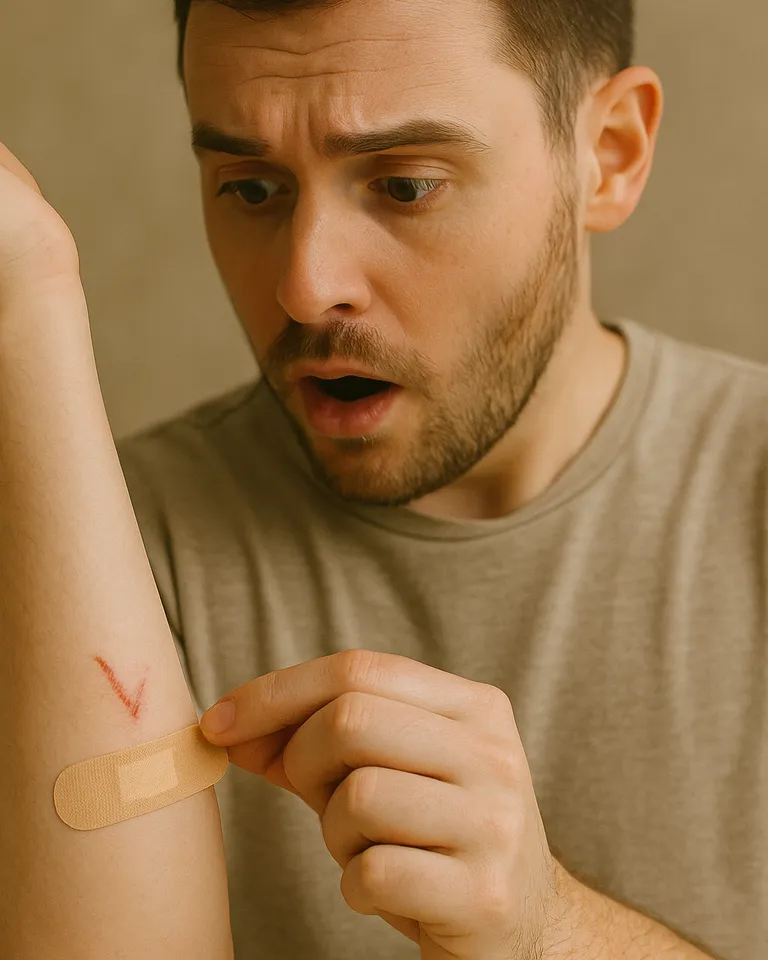A Revolutionary Step in Regenerative Medicine
Scientists have announced the creation of a groundbreaking "super skin" material capable of healing itself up to 90% after damage.
This innovation could transform the future of medicine, offering new solutions for wound care, burns, and even advanced prosthetics.
How It Works
The synthetic skin is made from bioengineered polymers and living cells that mimic the natural healing process of human tissue.
When damaged, the material initiates a rapid regeneration cycle, closing wounds and restoring strength without external intervention.
Key features include:
- Self-healing up to 90% of original structure
- Flexibility and elasticity, similar to real human skin
- Biocompatibility, allowing safe integration with the body
Potential Applications
The development opens doors for revolutionary medical uses:
- Wound Healing: Faster recovery for burns and injuries
- Prosthetics: Smart skin for artificial limbs with sensory feedback
- Robotics: Coverings that repair themselves after wear and tear
- Cosmetic Medicine: Non-invasive treatments for scars and aging
Expert Reactions
Medical experts say this could be one of the most promising advances in tissue engineering in decades.
However, further testing in humans is required to determine long-term safety and effectiveness.
Looking Ahead
If clinical trials confirm its benefits, self-healing super skin could be commercialized within the next decade — reshaping healthcare and daily life.
By ✍️ Yorlinda Ramìrez- MicuPost Team
Sources:



